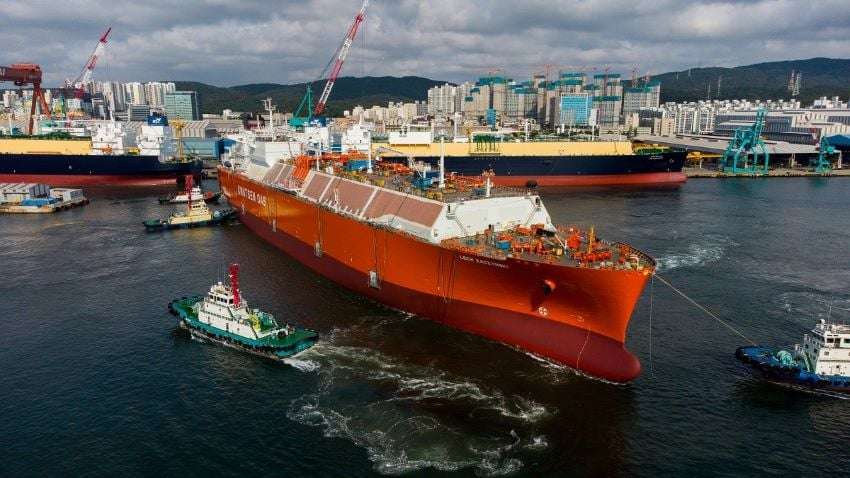In the wake of EU sanctions on liquefied gas and a potential halt in LNG imports from Russia, Poland faces a significant surge in gas station prices. Pawel Bielski, President of the Polish Chamber of Liquefied Gas, warns of a possible 30% increase, reflecting concerns among liquefied petroleum gas importers in the country. These challenges arise from geopolitical tensions, sanctions disrupting traditional energy supply routes, and a compelling need for European nations to explore alternative energy sources.
Poland’s LNG Dilemma
Heavily reliant on Russian LNG, Poland confronts the daunting task of securing new suppliers. The evolving energy landscape will inevitably lead to heightened costs for consumers and businesses. This situation underscores the broader impact of international politics on local economies, particularly in the energy sector. U.S. sanctions pose a significant barrier to Russia’s plans to increase seaborne LNG exports, impacting their ability to offset the decline in pipeline gas exports to Europe. This, in turn, causes delays in Russia’s crucial Arctic LNG 2 project, designed to boost the country’s energy revenues.
Financial Facade Amidst Fuel Crisis

Facing a looming fuel crisis, Poland has received an initial payment of 5 billion euros as part of its National Reconstruction Plan under the REPowerEU initiative. The total due to Poland from the EU amounts to 59.8 billion euros. A larger tranche of funding was stalled due to a rule of law dispute between Brussels and Poland’s previous government. However, the new pro-EU Polish government, which took office in mid-December, has committed to improving relations with Brussels. The EU funding includes 25.28 billion euros in subsidies and 34.54 billion euros in preferential loans. These funds are expected to be primarily invested through financial instruments, facilitating project implementation post-2026.
Monetary Policy in Uncertain Times
Faced with this economic uncertainty, Poland’s Monetary Policy Council opts to maintain stable interest rates until March. The National Bank of Poland kept its main interest rate at 5.75% in December, awaiting new inflation projections and the final adoption of the budget in March. Currently, there’s no significant risk of interest rate hikes, with the decision oscillating between maintaining or cutting rates.